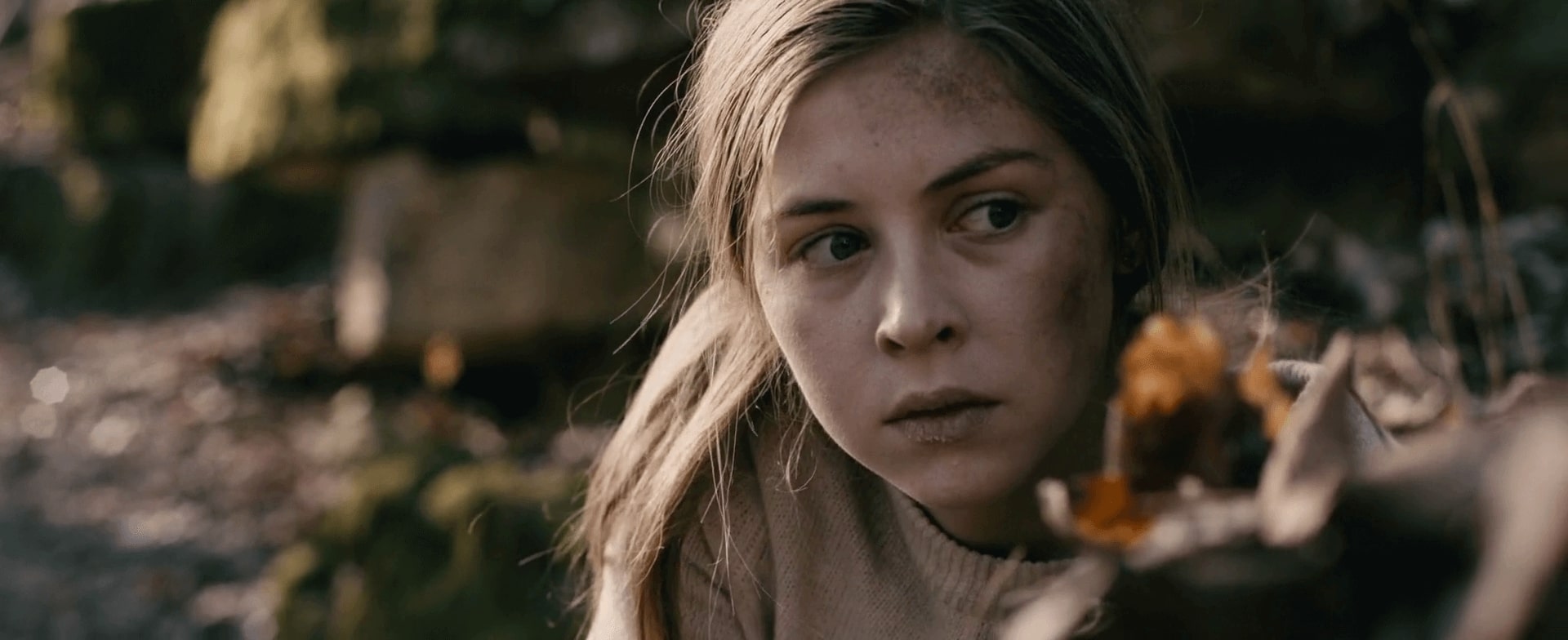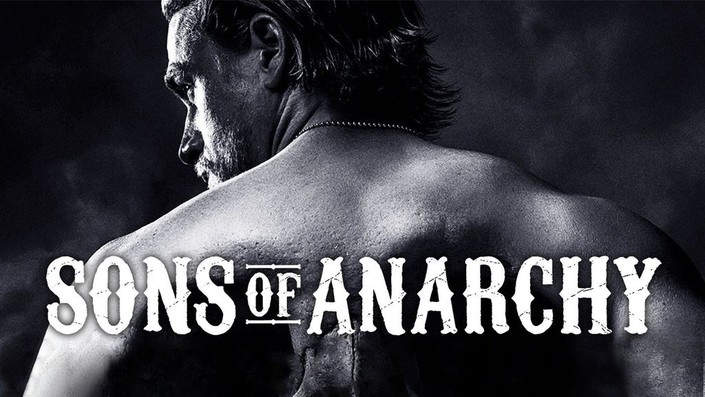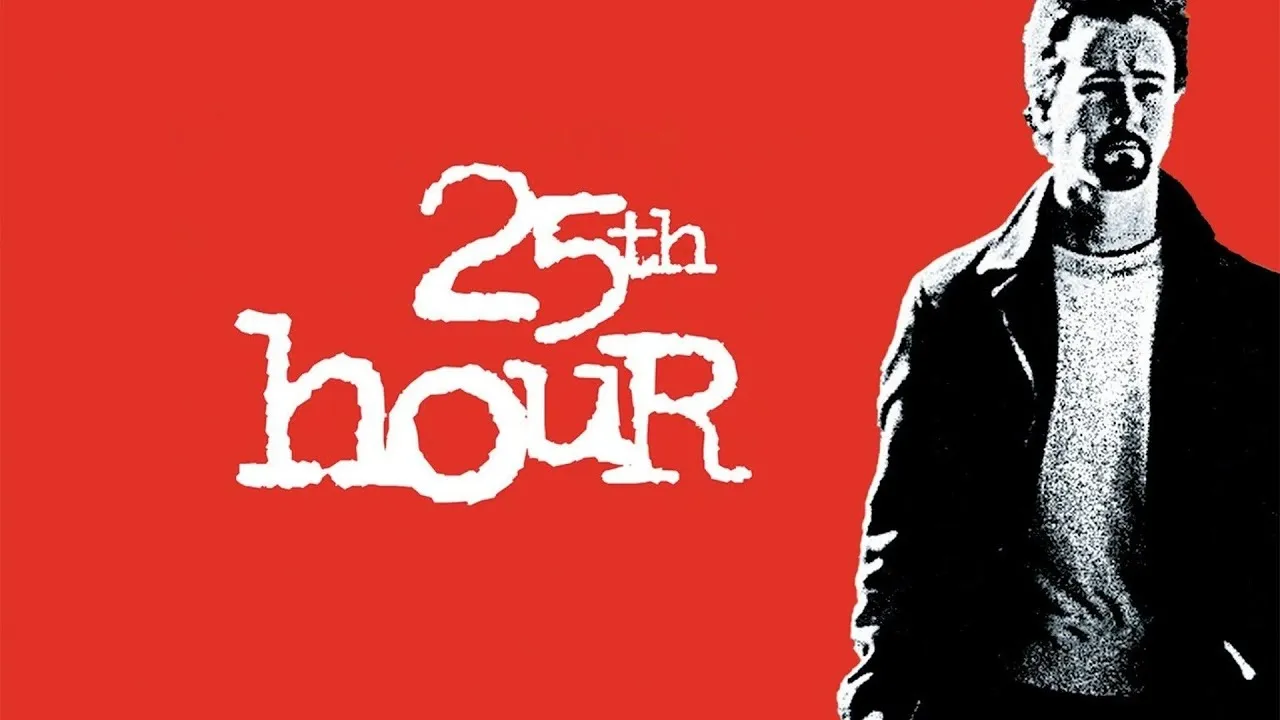Lost in the woods. Hunted by men. Found by herself
Rust Creek (2019) is a taut, unnerving survival thriller that drops its protagonist—and the viewer—into the unforgiving wilderness of rural Kentucky, where danger doesn’t wear a monster mask, but a human face. Directed by Jen McGowan, this film transforms a simple premise into a gritty, edge-of-your-seat experience grounded in realism, dread, and a quietly powerful female lead who refuses to become prey.
The story follows Sawyer Scott (Hermione Corfield), an ambitious college student heading to a job interview in Washington, D.C. A wrong turn off the highway leaves her stranded in the middle of nowhere, and a seemingly innocent stop becomes a deadly mistake when she crosses paths with two local men whose intentions turn violent. What starts as a tense confrontation quickly erupts into a brutal chase, leaving Sawyer wounded and alone in the freezing woods.

But Rust Creek is not just a story of escape—it’s a story of evolution. As Sawyer flees deeper into the forest, she transforms from victim to survivor, learning to navigate the terrain, manage her injuries, and outthink the men hunting her. Her salvation comes unexpectedly from Lowell (Jay Paulson), a soft-spoken meth cook with a conscience, whose lonely, complicated life tangles with hers in ways neither of them expects.
What sets the film apart is its grounded approach to tension. There are no flashy set pieces or over-the-top villains. Instead, Rust Creek thrives on mood: the stillness of the trees, the sound of cracking branches, the tightening of a tourniquet. The horror here is deeply human—greed, corruption, and the casual cruelty of men who underestimate a woman alone.
Corfield’s performance anchors the film with quiet intensity. Her Sawyer is smart, resourceful, and determined—not fearless, but brave in the moments that matter. The film gives her room to be human: terrified, exhausted, angry. And yet, she never collapses under the weight of her situation. She adapts.

Visually, the film is stark and wintry, using its natural setting as both backdrop and metaphor. The woods are both prison and shelter—beautiful and brutal, just like the journey Sawyer takes within them. The ending doesn’t tie everything up neatly, but it offers something rare in a survival thriller: earned agency.
Rust Creek is a slow burn, but it rewards patience with raw tension, emotional depth, and a heroine who fights not because she was trained to—but because no one else is coming.

-1754967969-q80.webp)

